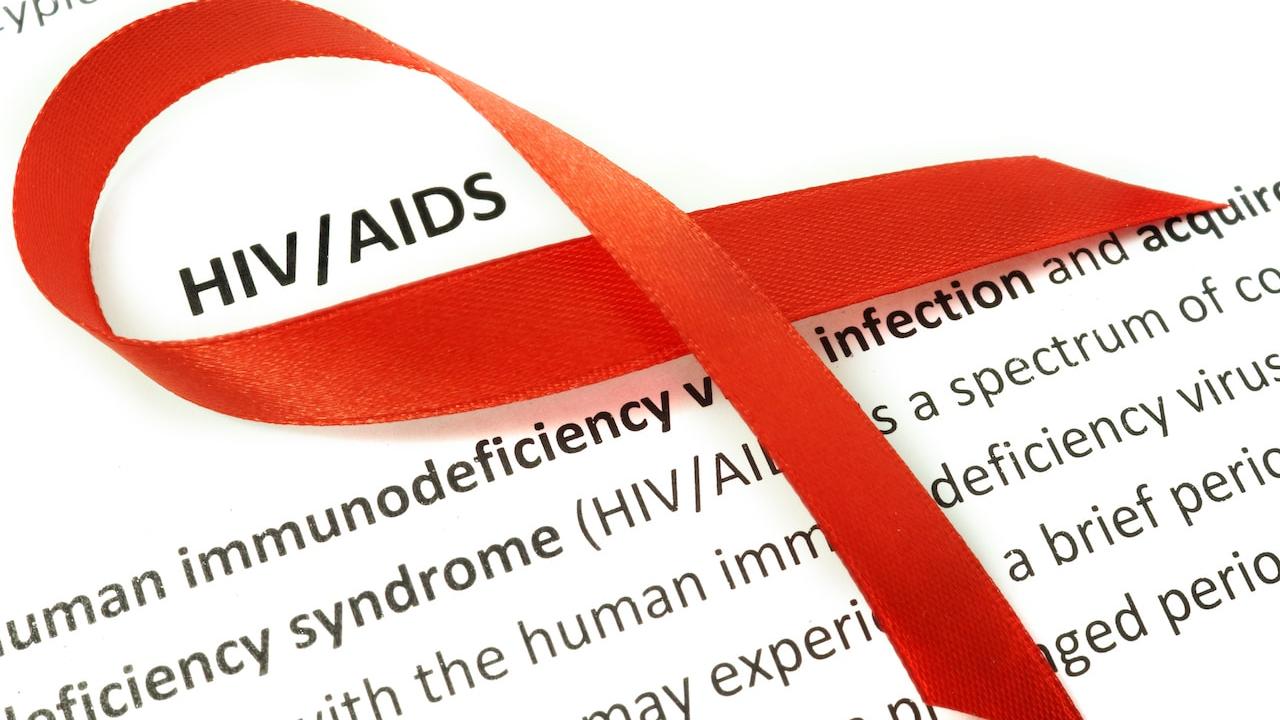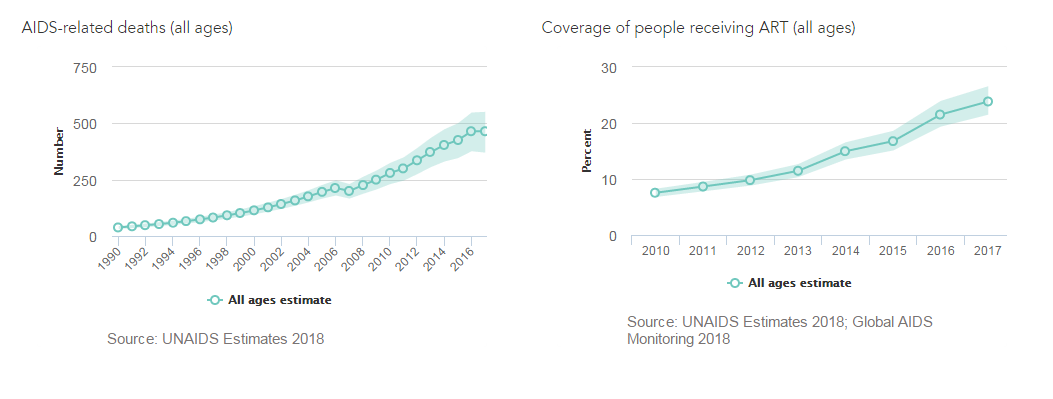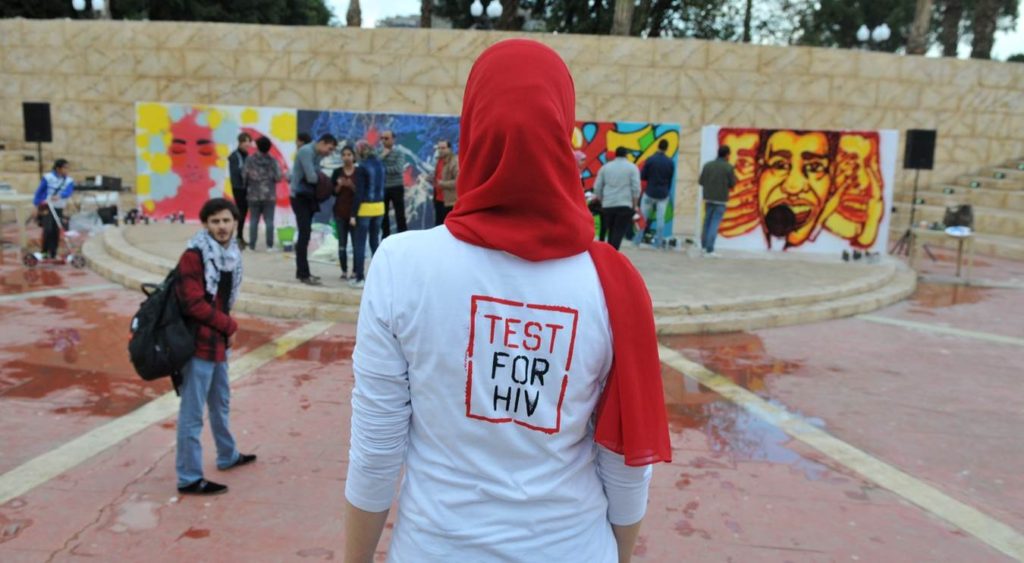When you hear the word “AIDS”, what’s the first thing that comes to your mind? Whatever it is, it might be correct, but not fully accurate. Therefore, in commemoration of World AIDS Day on the 1st of December, we want to clarify some general misconceptions about the syndrome and view some related statistics in the Middle East, specifically in Egypt.

Let’s start with a basic question, what is AIDS? It stands for Acquired Immune Deficiency Syndrome that is caused by the Human Immunodeficiency Virus (HIV). Alright, now that we have the scientific terminologies out of the way, what does this all really mean? Basically, after people get infected with the virus, the white blood cells are destroyed and the immune system is damaged. As a result, the victims’ ability to fight off any disease is diminished and they are diagnosed with AIDS that consists of a collection of symptoms.
The second critical point is “How can someone get HIV?” The virus can enter one’s system when it is mixed with anybody’s liquid; such as blood and semen, through injured skin, mouth, eyes, nose, and reproductive parts. Some of the common ways include using a needle that was used on an HIV patient, having unprotected intercourse with an infected sexual partner, and transferring disease-ridden blood products via transfusions.
Up until maybe 2006, HIV was not really the main problem in Egypt. Since that dreadful year up until 2011, “HIV prevalence rates in Egypt increased tenfold”. According to an official report by the National Aids Program (NAP) in 2008, the top causes were heterosexual and homosexual intercourse with the former at 49.1%. Estimates by the UNAIDS in 2017 stated that there was an average of 16,000 adults and children living with HIV with only 8400, almost half the amount, who were aware of their unfortunate statuses.

Nevertheless, when there is a will, there is always hope. Miraculously in September 2018, the Egyptian Ministry of Health stated that “infection rate in Egypt has decreased to less than 0.02 percent this year”. This represents one of the lowest infection rates worldwide, according to official statements issued by the World Health Organization (WHO) and the UNAIDS. Simultaneously, the minister announced a national plan to eliminate HIV/AIDS in Egypt by 2030.

Alaa Eid, Head of the Preventive Medicine Sector at the Ministry of Health and Population, elaborated a part of the revolutionary initiative. “Antiretroviral drugs for HIV have been provided through 15 specialized centers to 100 percent of the recorded HIV patients, affirming that such treatment is provided for free,” he said. Throughout the process, the confidentiality of patients’ records will be maintained as well as ensuring equality between HIV patients and other patients.



